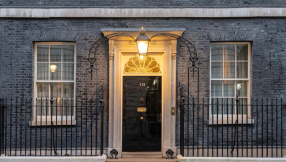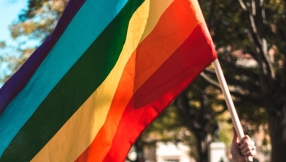A Police Perspective on Homelessness
At the real heart of the matter is the deeper problem of break-downs in family relationships and this is the cause of most problems for policing. These breakdowns in relationships often lead to problems of domestic abuse, substance misuse, alcohol, drugs, young people running away from home and unemployment.
When vulnerable people end up homeless and living in undesirable situations; staying in B&Bs or hostels, some undoubtedly become victims of crime or perpetrators of it. If homeless people become involved in criminal activity this is often because they are some of the most vulnerable in the community so others take advantage of them.
I think part of the problem from a police point of view is the public's perception and hostility towards homeless people. There is a disproportionate fear which makes the public reluctant to have homeless people living next door. This leads to people becoming ostracised by society.
I believe some of the problems can be alleviated if service providers such as voluntary organisations, local authorities and the NHS join up and work together. We need to take a problem-solving approach to tackling the issues by looking at the causes not the symptoms. I have seen this work with the Dumfries & Galloway Alcohol & Drug Action Team where we have been able to make a positive impact on the area and have seen crime rates drop as agencies work together.
Charities such as Bethany are perceived positively. This makes it more successful because service users do not view Bethany as another statutory agency but as an organisation which really cares for them. Bethany Supported Housing in Dumfries has made a big impact in the area. Homeless people feel they can trust Bethany and this is vital for their rehabilitation.
Some homeless people will inevitably be in trouble with the police, but it is vital that they know they can rely on support from organisations like Bethany. It is so hard for people to change their lives, especially if they have problems with addictions. It sends out such a powerful message to people struggling with big problems if they know there are people out there who haven't given up on them.
I know of one man, John Edwards, who had a background of drugs, alcohol and a life on the streets. Because there were people who reached out to him and showed God's love to him, his life has been dramatically transformed. He has now established several rehab centres and is himself reaching out to others in need.
As a police officer, every day I am faced with the problems affecting our society. But I am optimistic by nature and believe people have the potential to change and reform. I don't think anyone should be written off.
[Re-printed in Christian Today with the kind permission of Bethany Christian Trust and David Strang, Chief Constable Lothian and Borders Police]













